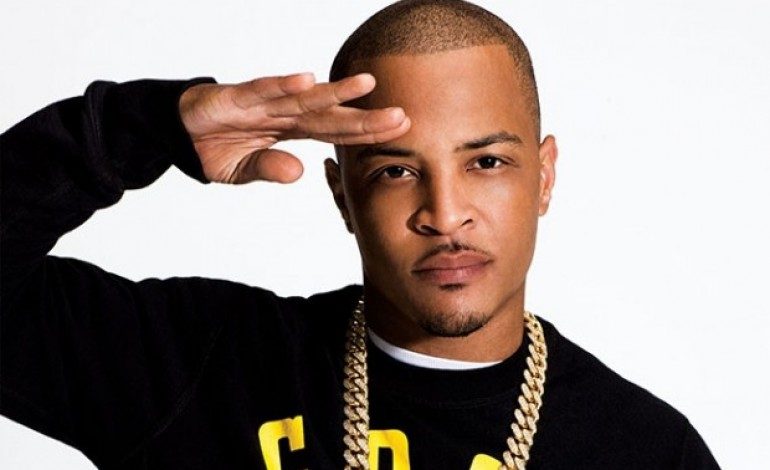

Just when we thought we heard the last of the ongoing “Blurred Lines” plagiarizing of Marvin Gaye saga, after winning a landmark lawsuit against Robin Thicke and Pharrell, a new chapter arises as Gaye’s estate seeks to collect from TI as well.
Fader reported via The Hollywood Reporter that the family filed motions to hold TI (along with Universal Music, Interscope Records and Star Trak Entertainment) accountable for infringement as well. This sets forth the notion that the record company should be held equally, if not more, responsible for the distribution of the plagiarized property. The Gaye family quotes US District Judge John Kronstadt:
“[I]f the jury finds there’s infringement and if Universal distributed the recording, then according to what I heard [a lawyer for team Williams] say, they would be liable.”
The motion has been established in possibly influencing an injunction for the song itself. The Hollywood Reporter further explains:
In the aftermath of the jury’s verdict, Pharrell Williams’ lawyer Howard King expressed confidence that an injunction wouldn’t be granted precisely because of the fact that the jury didn’t hold the record companies liable.
“Some creative gymnastics will be required to justify any injunction against the owner and distributor of the song recording after they have been adjudicated not to be infringers,” he wrote in a column.
Now, the other side wants the jury’s verdict corrected as “a matter of law,” further pushing in a separate motion for an injunction and impoundment of all copies of “Blurred Lines.”
The Gaye family does maintain that this is only in hopes of negotiating proper attribution of the song for Marvin Gaye for the infringement of “Got to Give it Up” in “Blurred Lines,” so that copyright would be shared for future distribution. While the phrase is starting to sound like a broken record with this case, this could potentially be a landmark decision in how future cases of intellectual property disputes are measured for years to come. By holding the record label liable as well as all parties involved, could this potential kind of precedent ultimately deter future instances of plagiarism in modern music? As the story continues to unfold, it will be interesting to see how it affects the music industry.
